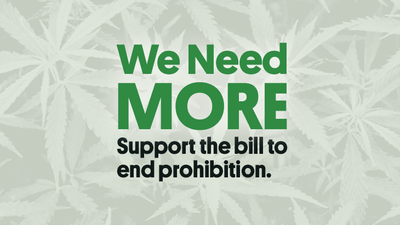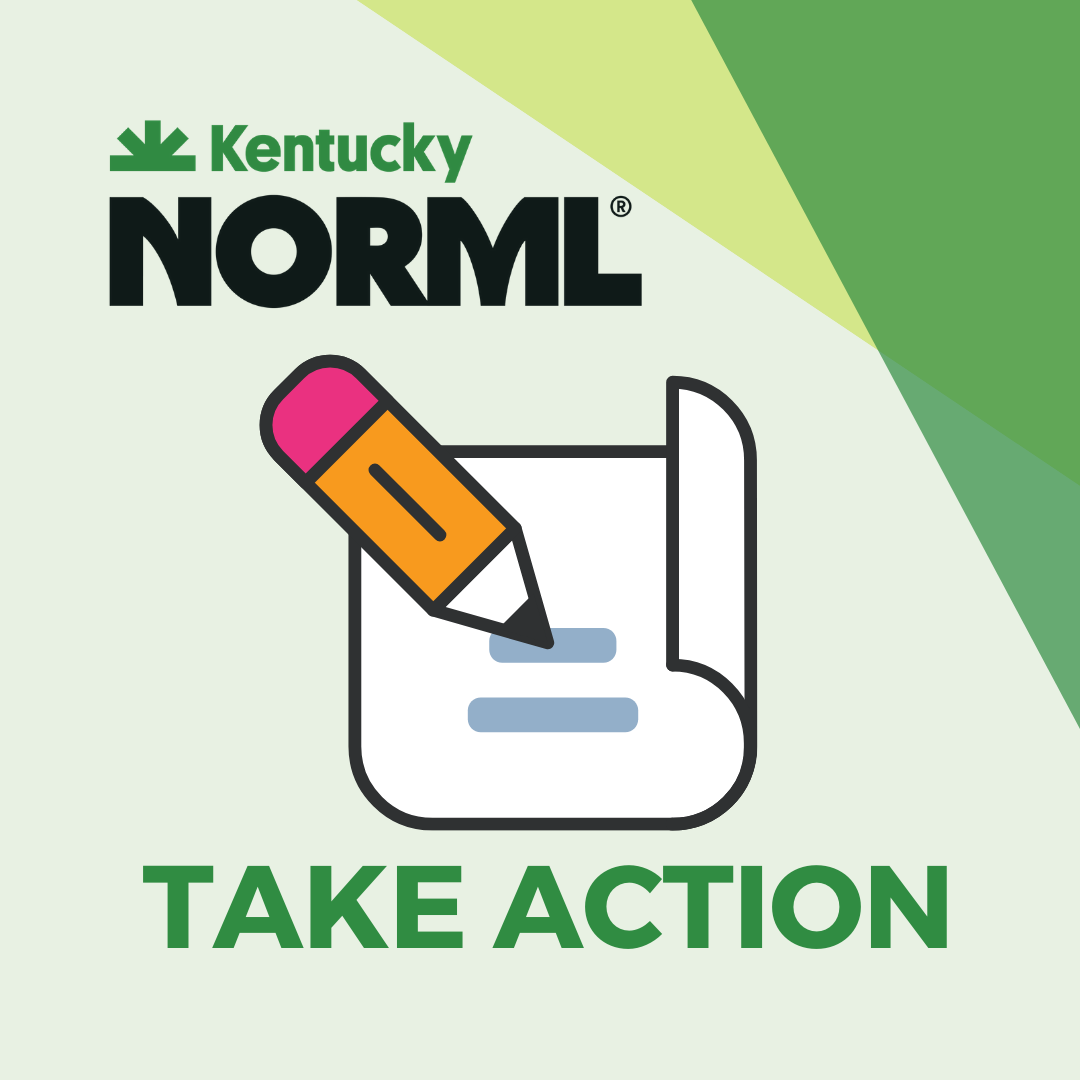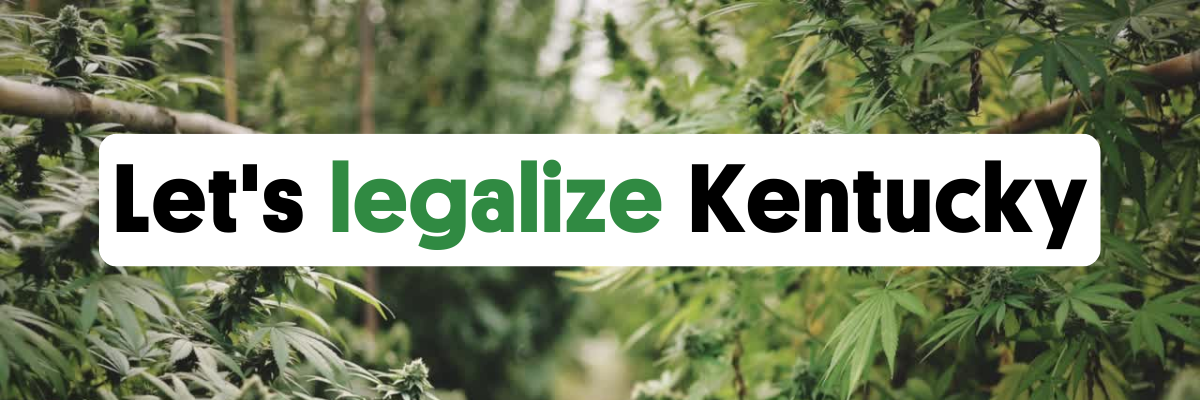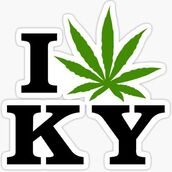The MORE Act: What it does and what it could mean for the Bluegrass State - Part III: The Framework7/4/2021 Now that we’ve got a wide-angle snapshot of the Marijuana Opportunity Reinvestment and Expungement (MORE) Act, let’s get to the meat and potatoes, shall we? In my last two posts, we examined the bulk of what the MORE Act seeks to accomplish and why it matters to Kentuckians. This week, to wrap things up, we’ll delve into the proposals within the legislation that seek to facilitate expansion of the cannabis industry, ensure equity in the marketplace, and address the carnage that half a century of abominable drug policy has left in its wake. The MORE Act begins with the creation of the Opportunity Trust Fund, financed through the imposition of a 5% tax on the sale of products containing or made from cannabis. The tax levy will increase annually by 1% until a maximum of 8% is reached. Additionally, the bill would authorize the creation of the Cannabis Justice Office (CJO) within the U.S. Department of Justice. The primary responsibilities of the CJO are to establish, implement and oversee the Community Reinvestment Grant program. Under this program, grants would become available to organizations that provide services to people who have suffered due to the tyranny of prohibitionist lunacy. Specifically, the bill lists job training, re-entry services, legal aid (including cannabis conviction expungement), literacy programs, youth recreation or mentoring programs, and health education programs as focal points. The CJO, in concert with the U.S. Department of Health and Human Services (HHS), would also be directed to provide grants aimed at providing substance abuse treatment services to those adversely affected by the costly, failed drug war.  The remaining Opportunity Trust revenue is to be allocated to the Small Business Administration (SBA) to establish and oversee a pair of programs which would provide loans to entrepreneurs. The Cannabis Opportunity Program would provide funding to eligible states and localities to provide loans to small canna-businesses owned by socially and economically disadvantaged groups (as defined by the Small Business Act). The Equitable Licensing Program would similarly provide funding at state and local levels to set up licensing procedures which minimize barriers to licensure and employment for those who have suffered the wrath of the War on Drugs. This money will be made available to the state or locality on the condition that their licensing program includes at least four of the following provisions: (A) A waiver of cannabis license application fees for individuals who have had an income below 250 percent of the Federal Poverty Level (FPL) for at least five of the past 10 years who are first-time applicants. (B) A prohibition on the denial of a cannabis license based on a conviction for a cannabis offense that took place prior to State legalization of cannabis or the date of enactment of this Act, as appropriate. (C) A prohibition on criminal conviction restrictions for licensing except with respect to a conviction related to owning and operating a business. (D) A prohibition on cannabis license holders engaging in cannabis drug testing of their prospective or current employees without suspicion, except with respect to drug testing for safety-sensitive positions under part 40 of title 49, Code of Federal Regulations. (E) The establishment of a cannabis licensing board that is reflective of the racial, ethnic, economic, and gender composition of the State or locality, to serve as an oversight body of the equitable licensing program. Well, y’all, that’s the long and short of it. From the reform it seeks to enact to the funds it seeks to disburse, the MORE Act is, simply put, a good bill. Countless people around the country stand to benefit should the legislation become law. As the first legalization bill to pass either chamber at the federal level, there’s no doubt it has support among legislators. Combined with overwhelming public support of cannabis legalization, there’s no doubt the momentum is on our side. But, as my ol’ daddy used to say, “Don’t count your chickens before they’re hatched.” Though we have momentum, the hill will get steeper the higher we climb. There’s a certain faction among federal legislators who refuse to consider legislation, regardless of merit, with complete disregard for the will of their constituents. Even if we’re able to blow through the senseless partisan roadblocks in Washington D.C., we’ll still have to contend with state and local leadership. All across our state, from town to town and county to county, it will be on us to demand to be heard. It will be on us to ensure Kentucky maximizes the potential benefits of legalization. It will be on us to ensure that the benefits of legalization aren’t concentrated in a couple of towns. It will be on us to drag our beloved commonwealth forward. The future is in sight. The movement is gaining steam. But, the boiler still needs feeding. If we all roll up our sleeves and get to work, we just might revitalize our beautiful home. Jason ConderStaff Writer
0 Comments
Your comment will be posted after it is approved.
Leave a Reply. |
Cannabis Business
|
ABOUT • SHOP • DIRECTORY • JOIN • CONTACT US







 RSS Feed
RSS Feed